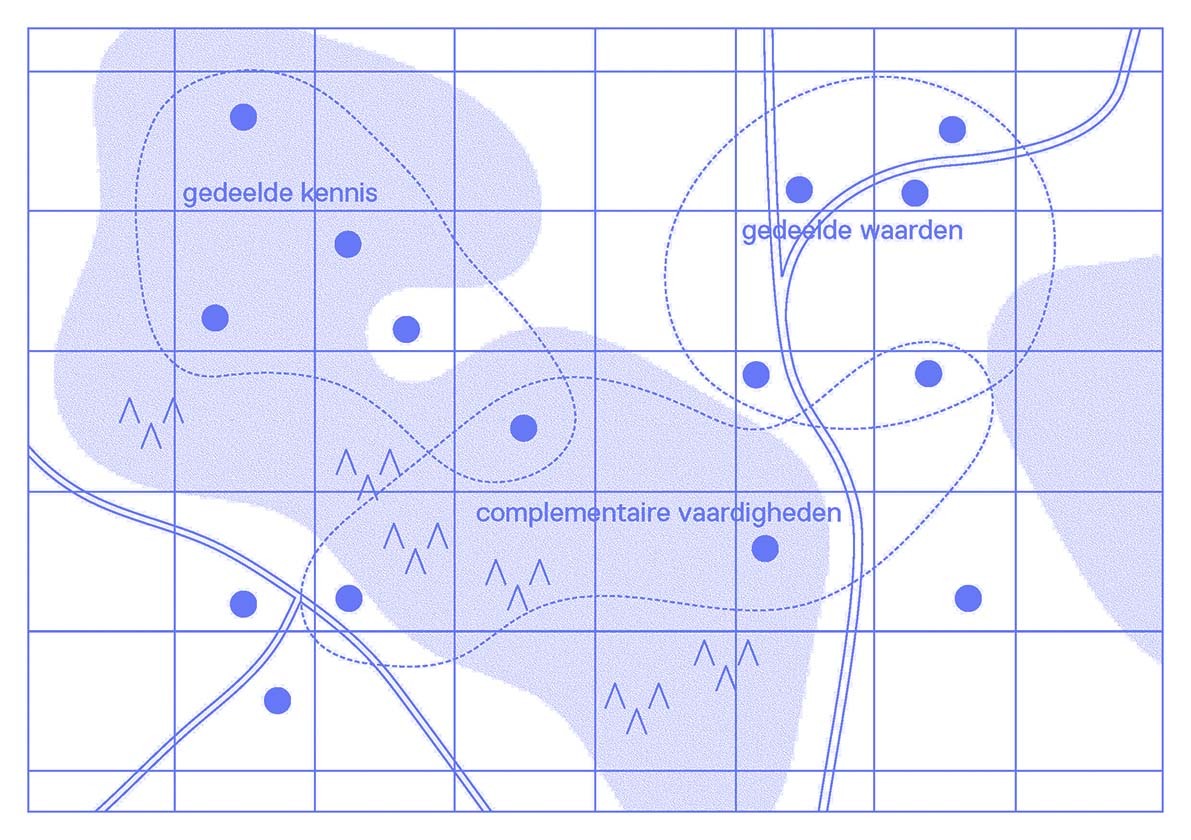Participation is not easy to learn. There are no ready-made answers, no manuals for every situation and certainly no set methods.
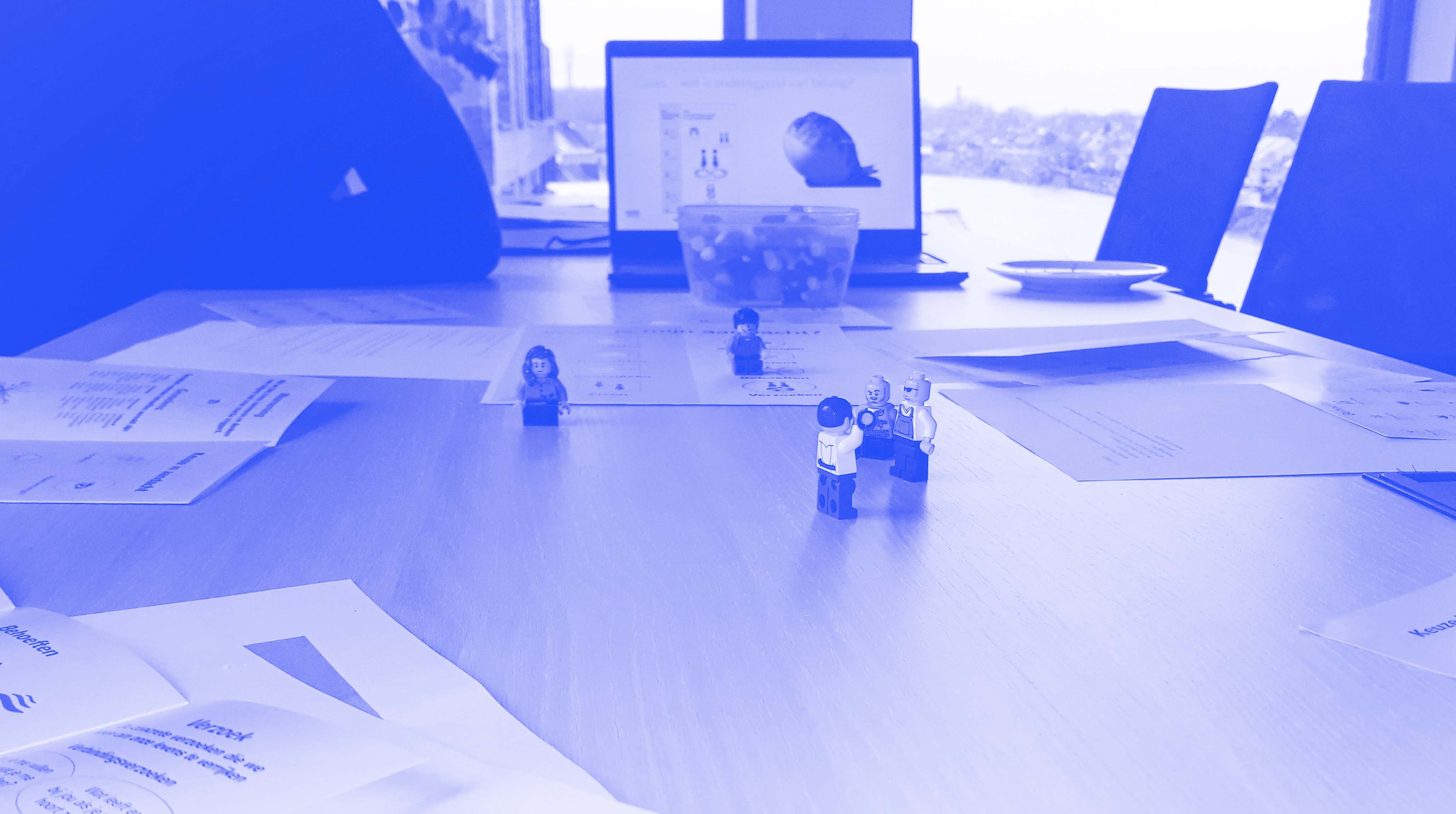
Participation is not easy to understand either: but here it means as much as 'a collective learning process'. A journey in which a group of people organise themselves together to learn about a specific topic in order to initiate a process of change.
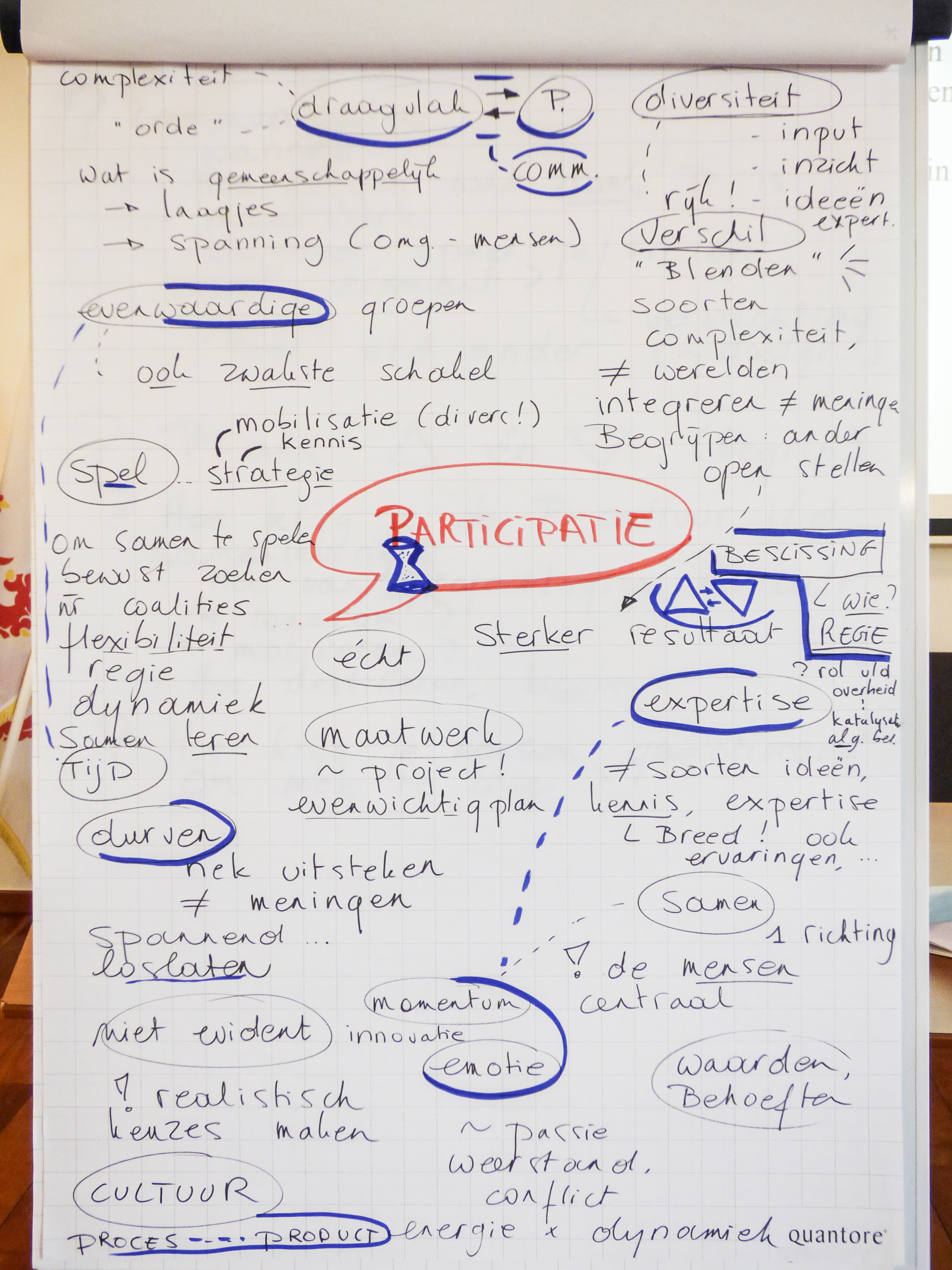
The second series of participation studios consisted of three learning trajectories with municipalities, provinces, intermunicipalities, urban development companies, UHasselt and Endeavour.
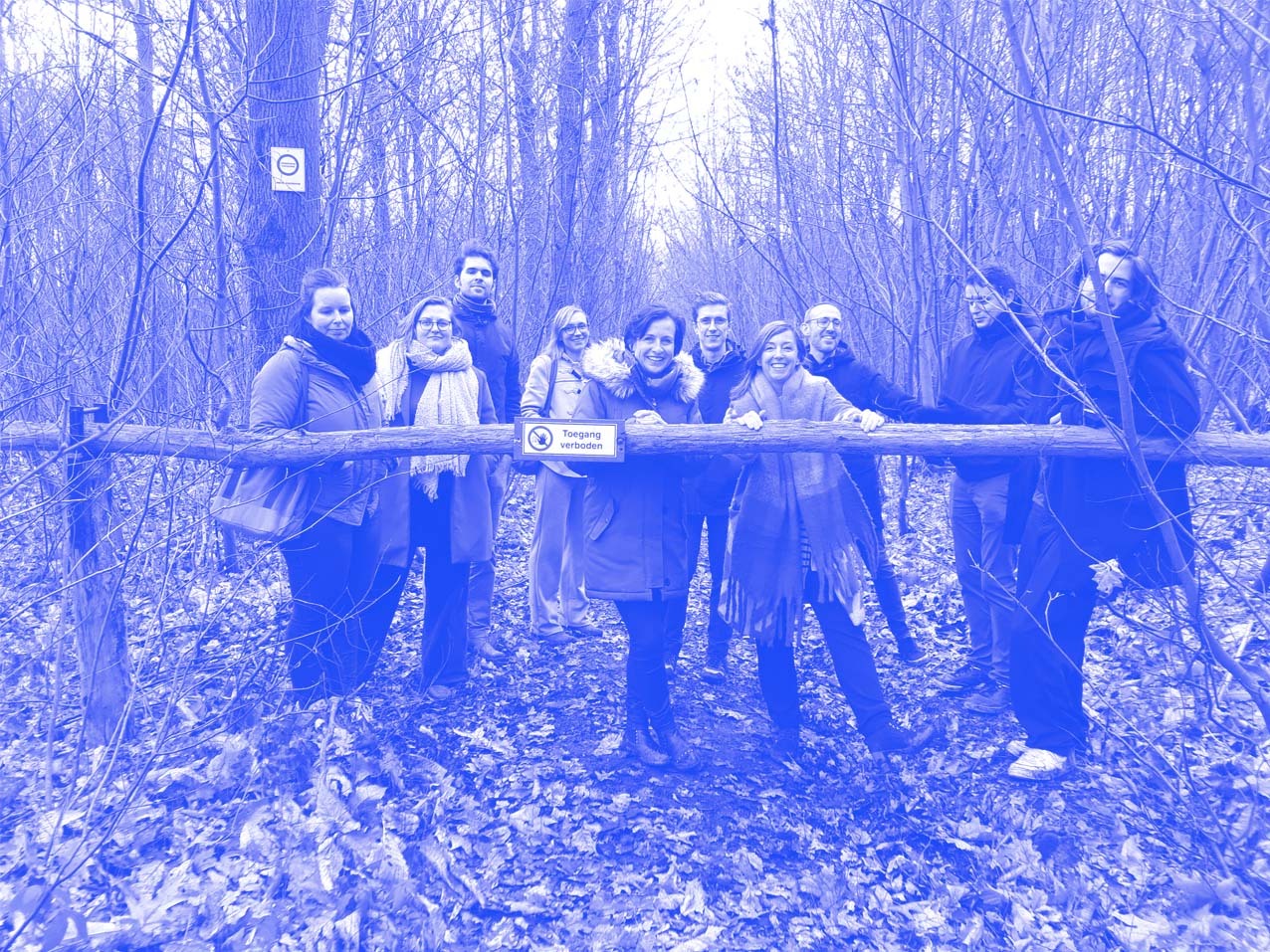
During these days, skills were refined and we explored questions as: How do you start a process? How do you keep it going? How do you deal with conflict? And how do I adapt my own organisation to this.
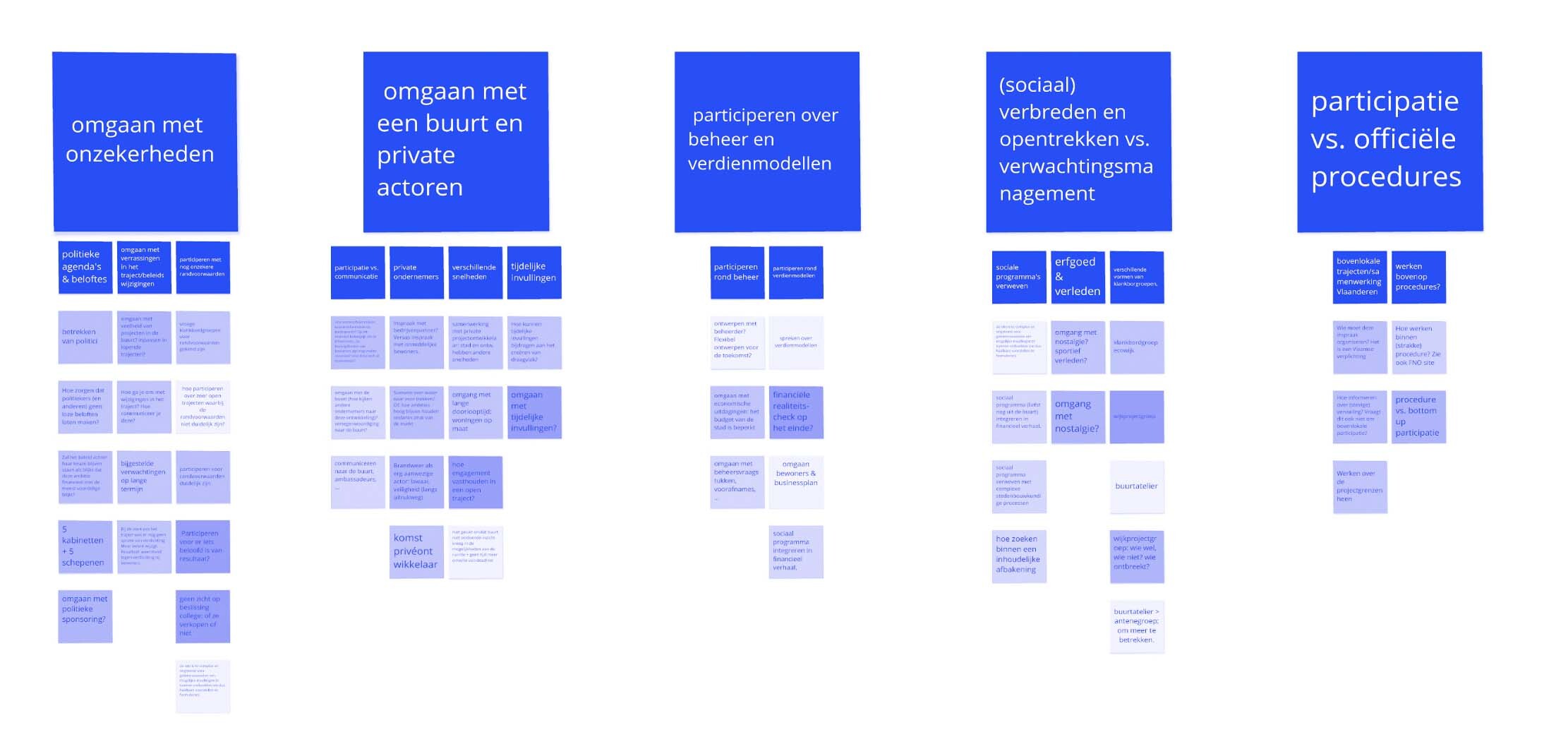
The result of all this thinking has been compiled into three sets of exercises that are freely available for consultation: https://participatiestudio-dev...
